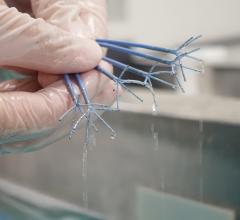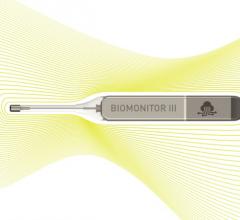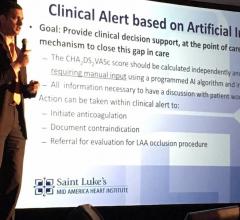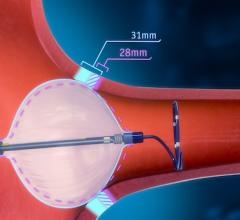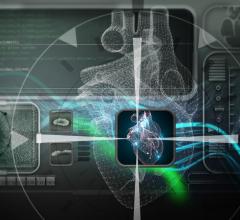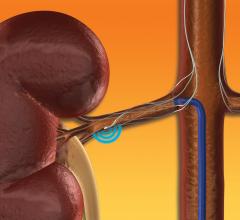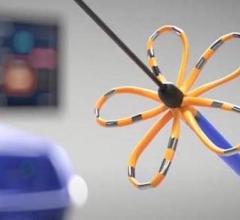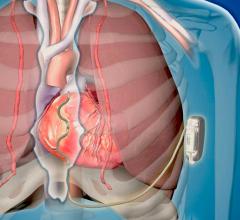July 15, 2019 — Acutus Medical announced the publication of the UNCOVER AF study in Circulation: Arrhythmia and ...
Atrial Fibrillation
This channel includes news and new technology innovations for the treatment of atrial fibrillation, also referred to as AF or afib. AF is a cardiac arrhythmia caused by irregular and often rapid heart rate. It is caused by the upper chambers (the atria) beating irregularly and uncoordinated with the lower ventricle chambers of of the heart. Symptoms include weakness with heart palpitations and shortness of breath. The conditional can lead to an increased risk of stroke and heart failure. AF episodes can cause the blood in the atria to stagnate and form clots, usually within the left atrial appendage (LAA). The clots can flow to the brain and cause a stroke. Treatments include anticoagulation therapy to dissolve clots, catheter or surgical ablation and LAA occlusion.
July 5, 2019 — Single-use cardiology medical device reprocessing company Innovative Health, received U.S. Food and Drug ...
July 3, 2019 — The American College of Cardiology (ACC) has partnered with Veradigm, an Allscripts business unit, to ...
When performing radiofrequency (RF) ablation to treat cardiac arrhythmia, medical professionals must balance the safety ...
July 1, 2019 – Biotronik announced the European market release of its new injectable cardiac monitor (ICM), Biomonitor ...
Sanjaya Gupta, M.D., electrophysiologist, St. Luke's Mid America Heart Institute, and assistant professor, University of ...
June 17, 2019 – Initial results from the AVIATOR 2 international registry were presented as late-breaking clinical ...
For over a decade, the cardiac cryoablation industry has seen little in the way of technological advancements. Yet ...
June 12, 2019 — Boston Scientific Corp. has initiated the OPTION trial to compare safety and effectiveness of the next ...
May 23, 2019 – Investigators unveiled late-breaking clinical data from a first-of-its-kind physician sponsored clinical ...
In the United States, the options currently available for cardiac ablation use thermal mechanisms to ablate tissue and ...
May 16, 2019 — Preventice Solutions presented clinical data validating its BodyGuardian Remote Monitoring System with ...
May 16, 2019 — Johnson & Johnson Medical Devices Companies announced the launch of Biosense Webster Inc.’s Cartonet to ...
The Heart Rhythm Society (HRS) 2019 Annual Scientific Sessions represent an important annual event for electrophysi ...
When the patients of Michael Boler, M.D. need cardiac monitoring, the Holter monitor is no longer his first choice. “The ...
May 16, 2019 — Johnson & Johnson Medical Devices Companies announced that Biosense Webster, Inc.’s QDot Micro catheter ...
May 16, 2019 — CardioFocus Inc. announced the presentation of results from its pivotal confirmatory study evaluating the ...

May 15, 2019 — The Heart Rhythm Society (HRS) had 21 late-breaking study presentations at the 2019 Heart Rhythm ...

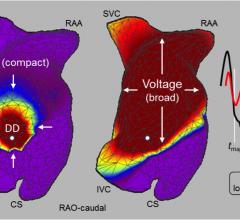
 July 15, 2019
July 15, 2019
